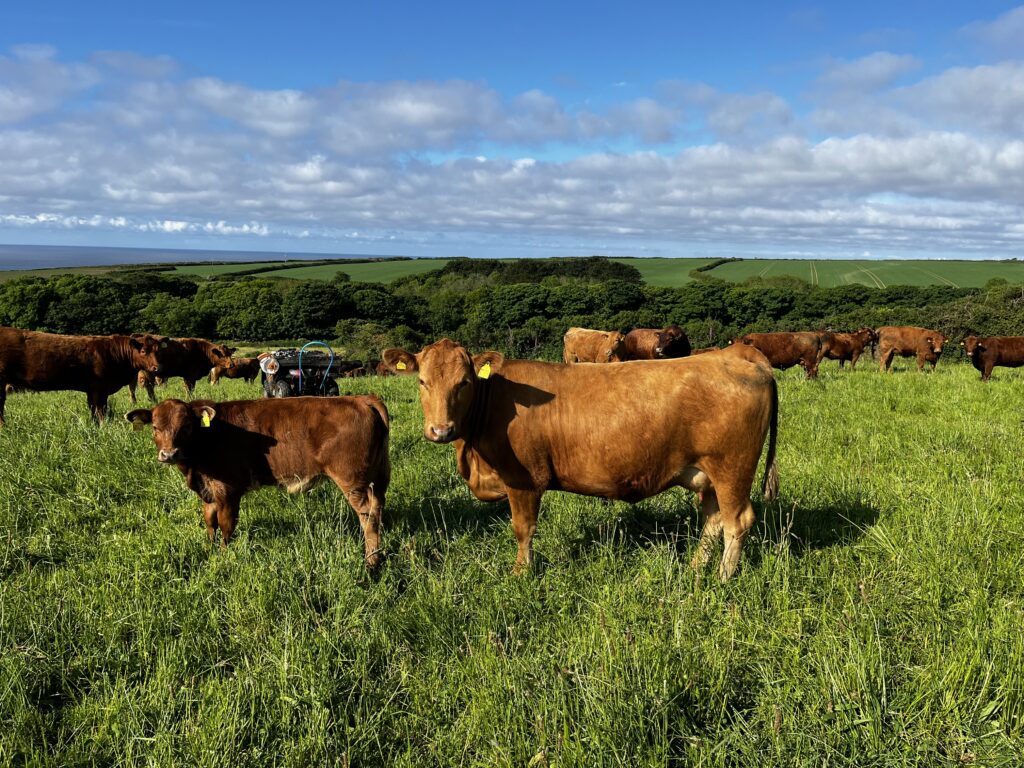
Breaking free from soya: How one Cornish farm is cutting emissions and growing its own chicken feed
In the rolling hills of Cornwall, Pete, an egg farmer at Cornhill Farm, Camborne, is pioneering an alternative approach to poultry feed. Like many farmers, he faces rising costs and...
James Richards


